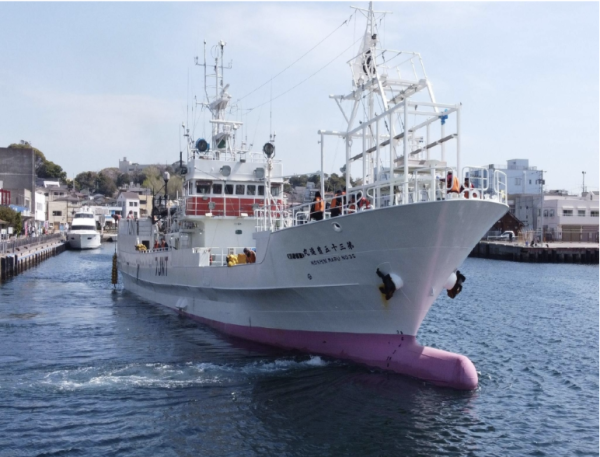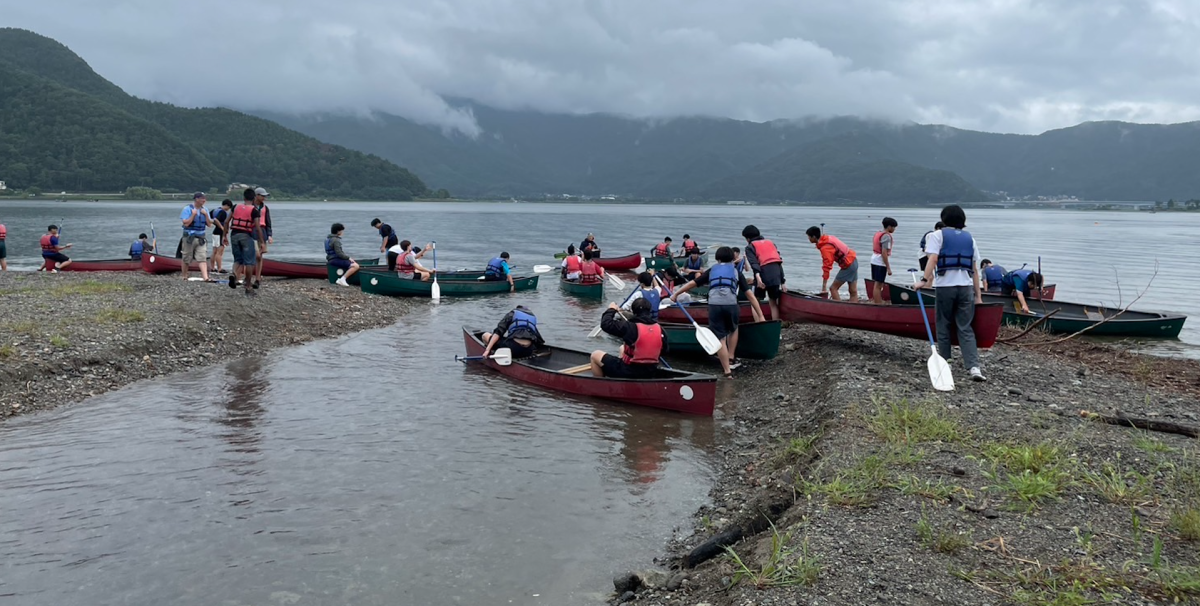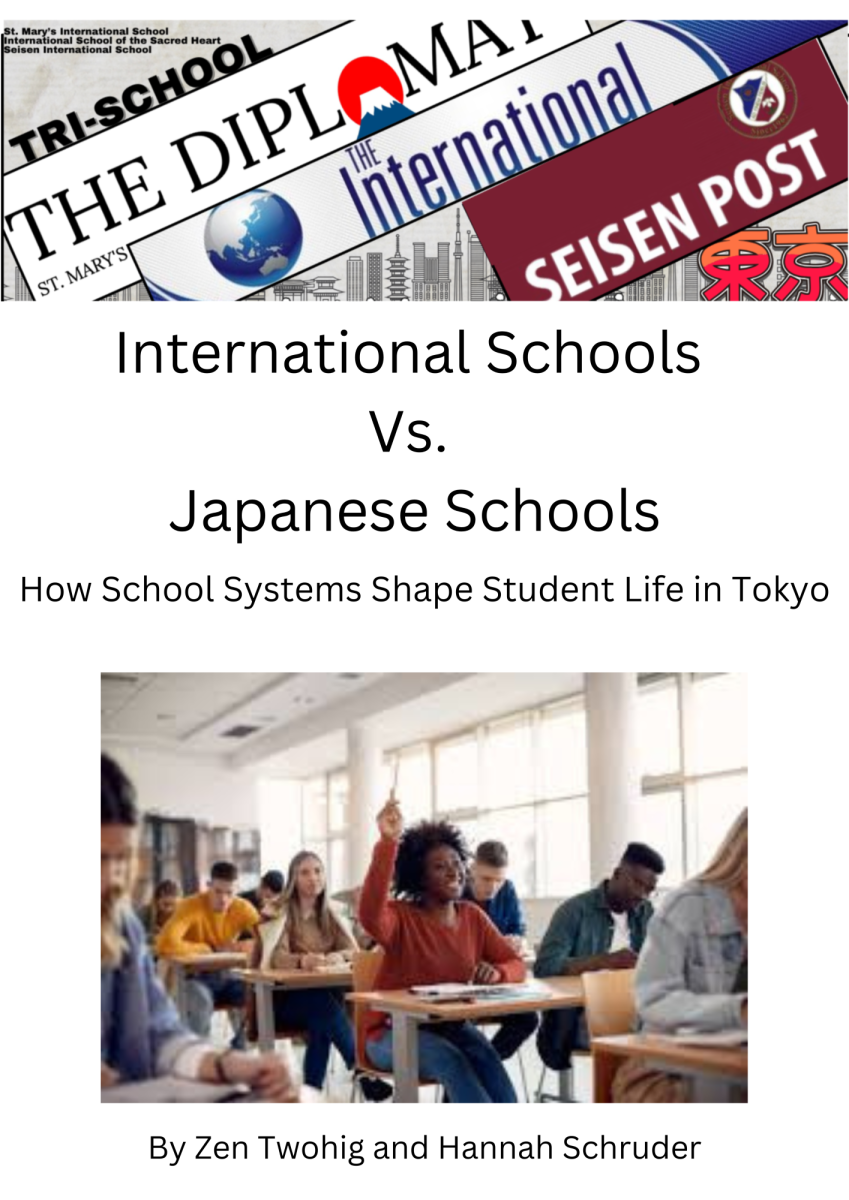Local fishermen were shocked by the recent catch of common squid. Japan excels in seafood catch due to its unique geographical features. Japan is also the founder of sushi and the catch of tuna. Tuna is decreasing its population because of the dramatic decrease in common squid.
A local fisherman in Miura port has been shocked by the catch of many types of seafood. Mainly common squid. He has been catching squid for nearly 20 years. However, his business may close down. This is because the catch of nearly any seafood is decreasing, especially squid. The decrease in squid impacts his company as it is their main source of profit. He said, “Because of the decreasing squid population, we cannot sell any common squid. Most became exclusive to loyal customers, or just nothing.” The harsh reality that the fisherman is facing is huge damage to him. He has also quoted, “Because the profit is so minimal, going out to the sea makes us lose money because of the fuel and the employees’ salary.” This shows how unbalanced it is, and they can’t even reach the break-even point (BEP)
Commercial fishing has become more difficult because the cost has skyrocketed, and it is now thought that the species may go extinct. Reasons differ. According to an NHK news article, climate change, overfishing, and the fact that fishermen are aging and have not been replaced by the younger generations. Supply and demand have caused insane prices, and people cannot pay for them. This impacts the economy and the lives of fishermen, the business of restaurants, and what housewives can serve for dinner. The current common squid crisis impacts not only locals but the whole of Japan!
Common squid is a species of fish commonly found in shallow to deep seawater. It is a regular tradition for Japanese people to eat these squids, as they can be a delicacy. They have a red, thin body with 10 tentacles. Nearly every part can be used, for example, the meat, of course, but also the liver. The liver is a valuable part of the squid, as people use it to combine it with soy sauce and eat it raw. Japan has a tradition of eating the common squid by frying, grilling, or raw. It was the most common squid found in the Japanese sea, but now, it’s very rare to even see one because they swim further out seeking cooler waters. Also, the warm climate had an impact on the growth of the squids. Because of the high temperature, the squids cannot grow fast enough. This causes a decrease in catches of squids because most squids that are not viable for size are released. Another reason why the squid population decreased is because of overfishing by countries outside of Japan, such as China, Korea, and Russia. They have taken such an amount that it can decrease the population of the squids.
The costly squids have caused many problems for restaurants due to a huge increase in price and competition, because many restaurants want to use them. Therefore, the restaurant cannot afford to sell it at the same price, and they have to increase the cost of the dish. Because of the expensive dishes, people cannot afford them, and the restaurant keeps losing money. Since 1970, the peak of squid fishing, people have been able to catch approximately 660 thousand tons of common squid. However, in 2023, the catch decreased to 20 thousand tons of squid, which is a massive decrease. This is nearly 96% less than in 1970. This is a reality as I found out by interviewing a fisherman at the Miura Port Market. One fisherman has said, “The decrease of common squid is impacting nearly every business in the market. Us too, we usually sell 20 packs of squid, 10 inside each, but now we only sell 2 packs. We only have 2 packs.” This shows the tight reality of businesses that sell common squid. Some other fishermen say, “The catch of common squid is so low, and the sales are dramatically low; it’s a loss to just go and bring the boat out.”
The dramatic decline of common squid in Japanese waters represents more than just an environmental crisis—it’s a cultural and economic catastrophe along Japan’s coastlines. What was once a thriving industry has been reduced to a shadow of its former self, with catches falling by a staggering 96% since 1970. Local fishermen bear witness to this collapse daily. As one Miura port fisherman laments, “Because of the squid population decreasing, we cannot sell any common squid. Most became exclusive to loyal customers, or just nothing.” This scarcity has transformed a once-common delicacy into a luxury few can afford.
The economic equation has become impossible for many fishing operations. “Because the profit is so minimal, going out to the sea makes us lose money because of the fuel and the employees’ salary,” explains a veteran fisherman whose livelihood hangs in the balance. When the cost of fishing exceeds potential earnings, the entire industry faces extinction. The ripple effects extend throughout Japan’s seafood economy. Market vendors report devastating inventory shortages: “The decrease in common squid is impacting nearly every business in the market. Us too, we usually sell 20 packs of squid, 10 inside each, but now we only sell 2 packs. We only have 2 packs.” This 90% reduction in available product illustrates the crisis in stark numerical terms.
For many, the decision to continue fishing has become financially untenable. As another fisherman plainly states, “The catch of common squid is so low, and the sales are dramatically low; it’s a loss to just go and bring the boat out.” The convergence of climate change, overfishing by international fleets, and Japan’s aging fisherman population has created a perfect storm threatening this iconic species. Without immediate and coordinated action, including international fishing regulations, climate initiatives, and support for Japan’s fishing communities, the common squid may join the growing list of marine species whose commercial viability has been lost to human activity and environmental change.
What’s at stake isn’t merely a seafood industry but a piece of Japan’s cultural heritage and culinary identity. The common squid crisis serves as a warning about the fragility of our marine ecosystems and the human communities that depend on them.


































